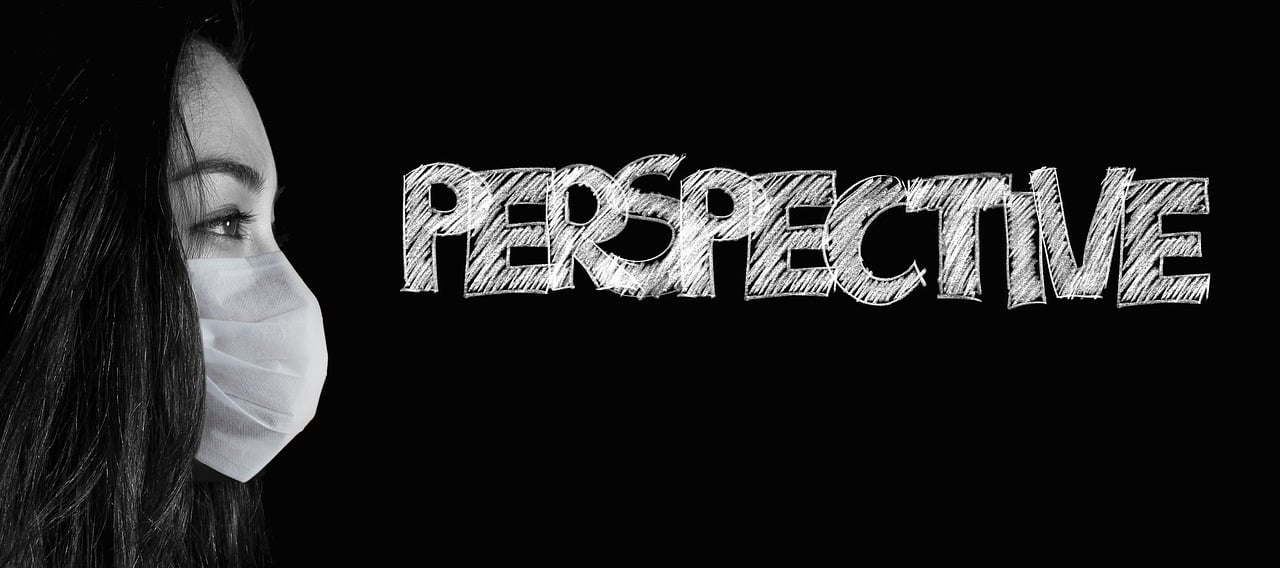Do you truly become what you eat? Years of research support the adage “you are what you eat” and emphasize the profound impact of nutrition on overall health. Making healthy food choices can increase your life expectancy and reduce the risk of various medical conditions, including heart disease and cancer.
Nutritional Foods
But the influence of food extends beyond physical health; it also affects your mental well-being. Nutrition plays a pivotal role in shaping not only your risk of future brain-related conditions like stroke and dementia but also your cognitive abilities and mood.
Dr. Uma Naidoo, a nutritional psychiatrist and Director of Nutritional and Lifestyle Psychiatry at Massachusetts General Hospital, has dedicated her career to exploring the connection between food and mental health. She describes this burgeoning field as the “intersection between nutrition and mental well-being.” Although the precise quantity of blueberries or salmon needed to enhance your mood remains uncertain, it’s evident that the Standard American Diet (SAD) is not doing any favors for mental health.
The SAD diet, characterized by its calorie-dense, nutrient-poor nature, is laden with refined carbs, unhealthy fats, and added sugars, while lacking fresh fruits, vegetables, whole grains, and lean protein. Naidoo warns that ultra-processed foods are designed to manipulate our brains, making it challenging to curb overeating.
So, what can you do to nurture your brain and elevate your mood? Dr. Naidoo offers five valuable tips, elaborated upon in the Chasing Life podcast:
- Prioritize Whole Foods for Wholeness: Dr. Naidoo suggests that a substantial 80% of your diet should consist of whole, fiber-rich foods, such as vegetables, fruits, nuts, seeds, legumes, whole grains, healthy fats, and high-quality, responsibly sourced proteins. The remaining 20% allows for flexibility and indulgence without guilt, fostering dietary discipline while savoring life’s pleasures.
- Embrace a Rainbow of Flavors: Diversify your plate with a colorful array of fruits and vegetables. “To optimize the nutrient quality of your diet, be sure to eat the rainbow,” says Dr. Naidoo. Different colors of plant foods provide various brain-boosting nutrients, like plant polyphenols. Focus on cruciferous vegetables, leafy greens, legumes, and lentils, and don’t forget fruit to supply your body with natural sugars.
- Go Green for Mental Clarity: While all fruits and vegetables are beneficial, Dr. Naidoo highlights the importance of green foods. Greens, like spinach, kale, arugula, and dandelion greens, are rich in folate, a B vitamin crucial for neurotransmitter production. Folate has been linked to decreased depressive symptoms and enhanced cognition. Dr. Naidoo suggests consuming 4 to 6 cups of greens daily.

- Practice Mindful Eating: Listen to your body and practice self-awareness when it comes to your dietary choices. Pay attention to how different foods make you feel and adjust your eating habits accordingly. Your mental and physical well-being can guide you towards better dietary choices.
- Steer Clear of Anxiety-Inducing Foods: Inflammation is a major contributor to stress and low mood. Dr. Naidoo cautions against consuming foods that trigger inflammation in the gut, such as added sugars, processed foods, and industrial seed oils. Replacing these nutrient-poor foods with fruits, vegetables, healthy fats (especially omega-3s), and proteins can help reduce stress in both the body and mind.
Conclusion
In conclusion, the connection between your diet and mental health is profound. By making informed food choices, you can improve your overall well-being, enhance your cognitive abilities, and elevate your mood. Embrace the wisdom of nutritional psychiatry to cultivate a healthier and happier you.






